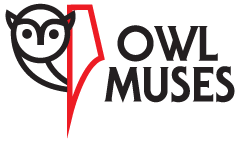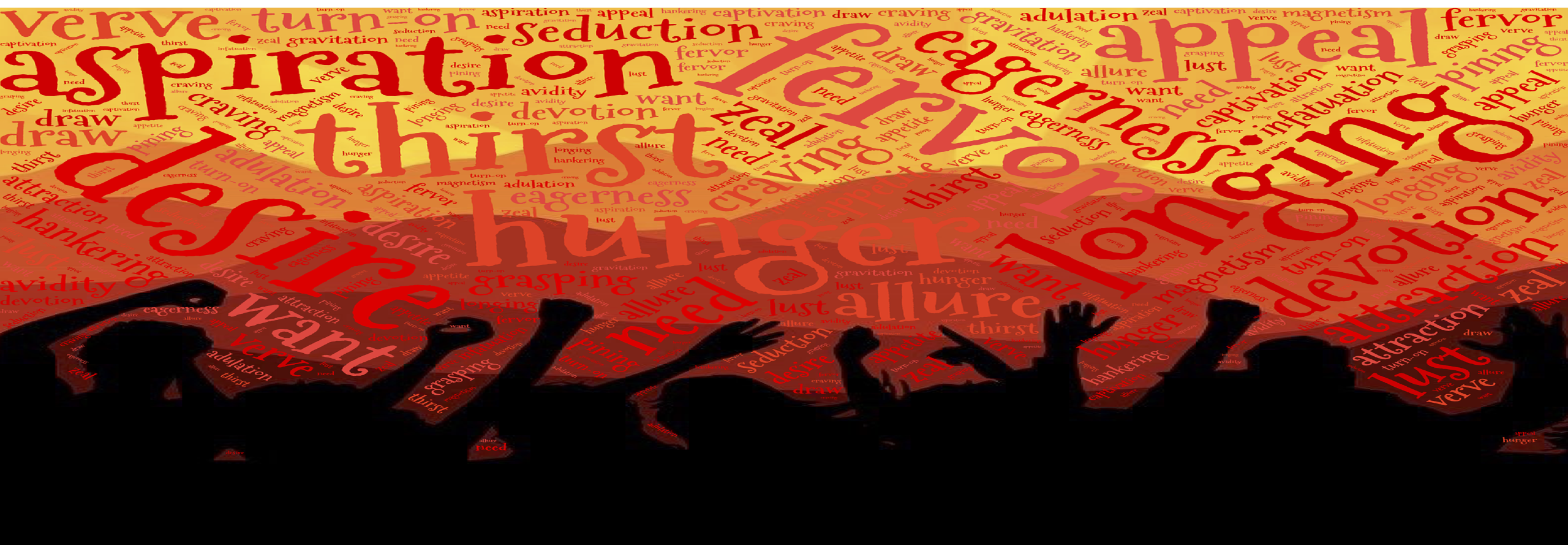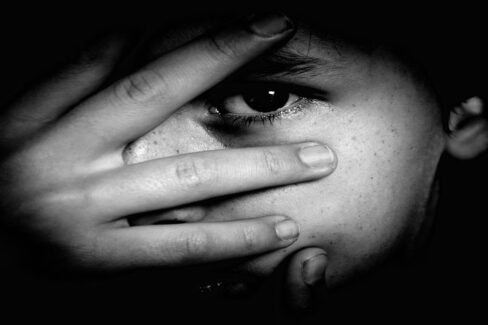Zealots, Cults and Religion – What makes us attracted to them?*
Lila recently became incensed by the leader of the King’s Revival Church Jerome for publicly reprimanding one of its followers and asked me for my views on zealotry.
Originally, Zealots were a political movement in 1st century Judaism which sought to incite the people of Judaea to rebel against the Roman Empire and expel it from the Holy Land by a force of arms. However, Lila wanted a more up to date definition of a biased zealot.
We are by virtue of being born into a certain culture, race or social class subject to bias. A baby’s mind might be a tabula rasa at birth but very soon it adopts the belief systems of the family which later extends to religious and political beliefs. Of course it is not set in stone and can change as the person becomes influenced by exposure to other belief systems, but generally all of us start out from a point of bias.
So why is religion or belief in something external so important to us? It is because we humans like to think we can control life by wishful thinking. So when crops failed because of a drought, primitive man would try to appease the rain gods and in the beginning there was a pantheon of Gods, though later on a lot of the major religions became monotheistic.
Humans seem to have an inbuilt need to have a higher authority they can turn to in times of stress. The rituals of religions like superstition are meant to keep us safe. If we avoid the cracks in the pavements or don’t walk under a ladder, we will be safe. Attending Church on a Sunday serves a similar purpose for some people.
It has also extended to the afterlife as the biggest lack of control and fear is not knowing what happens when we die. This superstitious ritualistic behaviour is harmless but religious leaders often use it to control the masses as Karl Marx noted. Wars are fought in the name of religion, religious organisations are wealthy because of the dues they collect, they influence the thinking of their congregation who are taught it is a sin to question their faith, and more often, it serves to divide rather than unite humanity.
There are also cults which are different from religion in that they usually have only one supreme and usually charismatic leader, the followers are not allowed to socialise with others outside their cult, they are secretive and the knowledge is fed to the congregation in small segments, so that only the leader has perfect knowledge. Cults are more dangerous than religion in that the followers are not free to leave or choose who they interact with. Obedience is mandatory and the self is subjugated to a higher power.
So a zealot to quote Tietjen (2020) has passion and love for its God or leader and an anger towards anyone who criticises or challenges the belief system. The passion that a zealot feels is different from mere emotion in that it bestows a sense of identity and belonging. So if this sense of identity is challenged, the zealot feels threatened, anger rages, leading to behaviours such as the beheading of Charles Hebdu in Paris. However, there is another important element to Zealotry. Any retribution meted out has to be seen as doing good. As Solzhenitsyn stated in the Gulag Archipelago, Iago, in Shakespeare’s Othello, in order to do evil, first had to justify he was doing the right thing. That actually is as good a definition of a zealot as any.
I find that zealotry is rife in those who feel rejected and out of control in normal situations. Being a zealot gives them a sense of belonging, staves off social alienation while providing them with a life purpose and moral justification. Such individuals also surrender their ability to think rationally. People join because they believe that the cult will provide them with answers to their general dissatisfaction with life. Cults are also friendly to their recruits and people who lack confidence suddenly find acceptance and attention. Being complimented is a very powerful drug. There might be some sort of initiation ceremony as Clark (1982) states which helps them to abandon their past value systems and re-indentify with the teachings of the cult. I don’t have enough knowledge of the working of cults to comment on that area. However, though people who are drawn into cults maybe psychologically vulnerable, they come from all walks of life and social classes and there is no distinct cult type personality. A “normal” person undergoing some life crisis could easily be drawn into a cult.
Most zealots are more annoying than dangerous, but it can, in some cases, lead to extremes of violence in a bid to ward off challenges to their belief systems. The difference between an accepted religion and a cult is that the followers of a religion are free to leave and generally conduct the other aspects of their life among others who may or may not share the same belief system.
*This article was written by ‘The Common Sense Therapist’, a retired psychologist who lives overseas and wishes to remain anonymous. She has many decades of experience in dealing with various people and aspects of psychology, and is a great source of enlightenment on many things in life.









